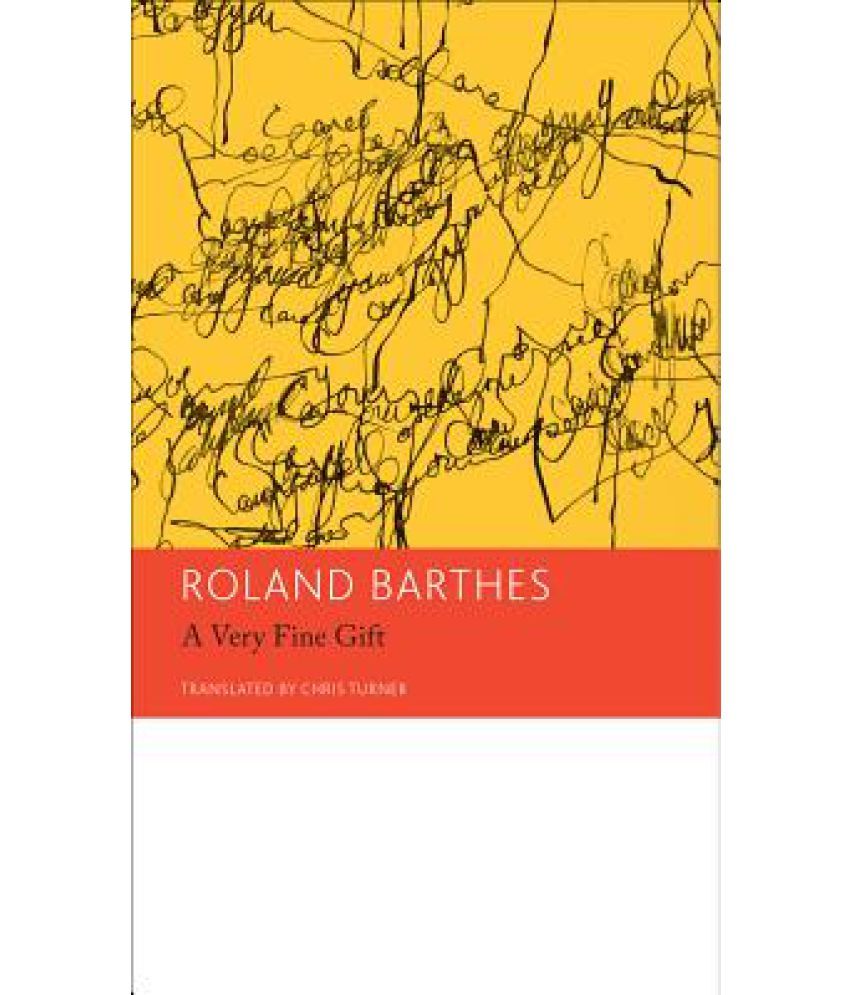Something went wrong. Please refresh the page and try again.
Something went wrong. Please refresh the page and try again.
Notifications can be turned off anytime from settings.
Item(s) Added To cart
Qty.
Something went wrong. Please refresh the page and try again.
Something went wrong. Please refresh the page and try again.
Exchange offer not applicable. New product price is lower than exchange product price
Please check the updated No Cost EMI details on the payment page
Exchange offer is not applicable with this product
Exchange Offer cannot be clubbed with Bajaj Finserv for this product
Product price & seller has been updated as per Bajaj Finserv EMI option
Please apply exchange offer again
Your item has been added to Shortlist.
View AllYour Item has been added to Shopping List
View All

No Cost EMI of Zero Emi Vendor applied on the product
You selected EMI of for monthsChangeGenerally delivered in 6 - 10 days
Item is available at . Change
You will be notified when this product will be in stock
| ||||||||||||||
Brief Description
Roland Barthes, whose centenary falls in 2015, was a restless, protean thinker. A constant innovator, often as a daring smuggler of ideas from one discipline to another, he first gained an audience with his pithy, semiological essays on mass culture, then unsettled the literary critical establishment with heretical writings on the French classics, before going on to produce some of the most suggestive and stimulating cultural criticism of the late twentieth century ("Empire of Signs," "S/Z," "The Pleasure of the Text, Camera Lucida, Roland Barthes by Roland Barthes"). In 1976, the one-time structuralist outsider was elected to a chair at France s pre-eminent academic institution, the College de France, choosing to style himself its Professor of Literary Semiology, though this last somewhat hedonistic and more subjectivist phase of his intellectual adventure was cut short by his untimely death in 1980.
The greater part of Barthes s published writings have been available to a French audience since the publication in 2002 of the expanded version of his "Oeuvres completes "[Complete Works], edited by Eric Marty. The present collection of essays, interviews, prefaces, book reviews and other occasional journalistic pieces, all drawn from that comprehensive source, attempts to give English-speaking readers access to the most significant previously untranslated material from the various stages of Barthes s career. It is divided (not entirely scientifically) into five themed volumes entitled: Theory, Politics, Literary Criticism, Signs and Images (Art, Cinema, Photography), and Interviews.
Barthes was always concerned to frame his interventions in theoretical form. Even when turning away from the scientism of earlier years, his inclination was to "theorize" the challenge that emotions like pleasure and bliss represented for his former approach. From his early musings on grammar and his pioneering thoughts on the sociology of literature, through the high period of structuralism to the beginnings of a post-structuralist turn in his reflections on Derrida and the creative contribution of the "reader," the essays and interviews in this first volume, loosely grouped around the theme of theory, suggest a progression that is both straight line and spiral.
"
Learn More about the Book
Roland Barthes, whose centenary falls in 2015, was a restless, protean thinker. A constant innovator, often as a daring smuggler of ideas from one discipline to another, he first gained an audience with his pithy essays on mass culture and then went on to produce some of the most suggestive and stimulating cultural criticism of the late twentieth century, including "Empire of Signs," " The Pleasure of the Text," and" Camera Lucida." In 1976, this one time structuralist outsider was elected to a chair at France s preeminent College de France, where he chose to style himself as professor of literary semiology until his death in 1980.
The greater part of Barthes s published writings have been available to a French audience since 2002, but here, translator Chris Turner presents a collection of essays, interviews, prefaces, book reviews, and other journalistic material for the first time in English. Divided into five themed volumes, readers are presented in volume one, " A Very Fine Gift and Other Writings on Theory," with Barthes s attempts to frame his lifelong curiosities in theoretical form, from his early musings on the sociology of literature through his high period of structuralism to his later reflections on Derrida."
About the Author
Roland Barthes (1915 80) was a professor at the College de France until his death. His books include "Camera Lucida: Reflections on Photography"; "Image", "Music", "Text"; and "A Lover s Discourse: Fragments".
The images represent actual product though color of the image and product may slightly differ.
"A Very Fine Gift" and Other Writings on Theory
Rs. 395
Register now to get updates on promotions and
coupons. Or Download App